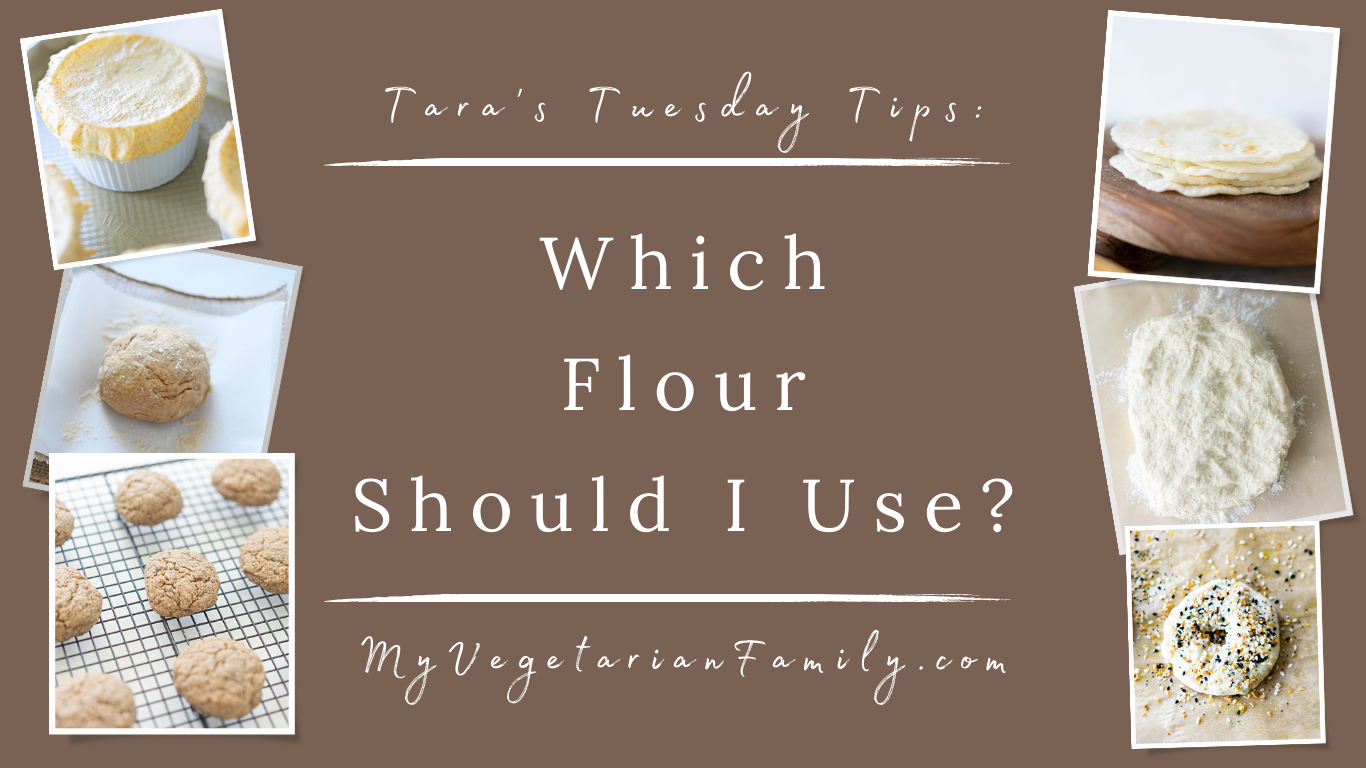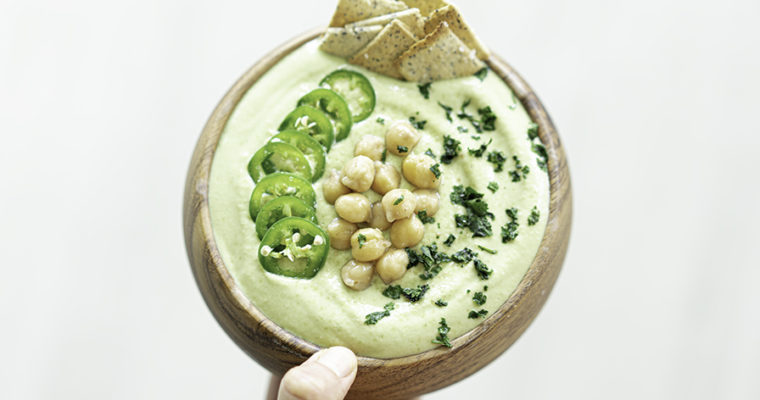I remember a day when I used to exclusively use all-purpose flour. When I became a food blogger, my curiosity for all things cooking + nutrition led me to find more types of flour than I can count. That is wonderful BUT how does one decide which one to use + how do they affect our health? Is it just me or have you ever asked yourself, which flour should I use? Let’s sift through this together!
Tara’s Tuesday Tips:
Which Flour Should I Use?
Without getting too science-nutrition-cooking nerd on you the simplified version of flour science is this: The main difference between flours is the protein content. More protein means more gluten, more gluten means more strength, more strength means more structure and texture.
Gluten is a buzz word in the nutritional world + people have been jumping on the gluten-free train for years. Thankfully, the fear of gluten has been tempered quite a bit lately + most people don’t have the unnecessary fear of gluten they once did. When it comes to baking, gluten helps baked goods keep their shape. The stretchy quality of gluten allows us to make pasta, pastries, and all sorts of baked goods that don’t break or crumble. Keep in mind, this can work against you! If you stretch or handle or knead dough too much you will make it more stretchy + elastic, thanks to our good friend, gluten. All that said to tell you, gluten is important when it comes to choosing a flour! So is protein content as well as what you are making!
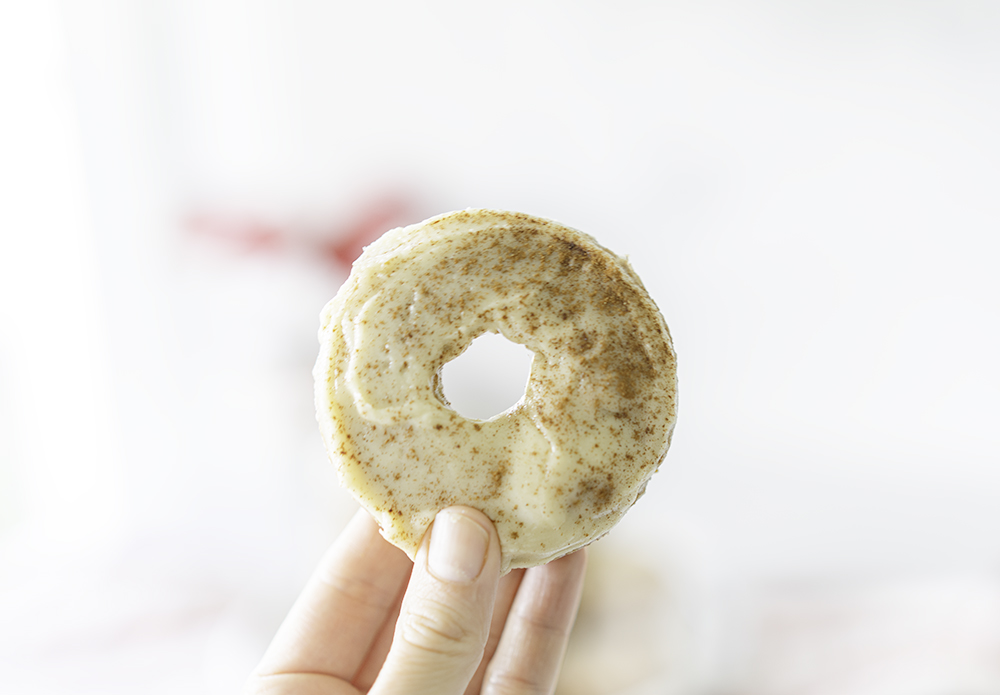
Guide to Different Types of Flour
All-Purpose Flour
The most popular of all flours. Tried + true + relied upon for years. Typically, if you see flour listed in a recipe, all-purpose is what is assumed. Containing only the “germ” of the wheat, all-purpose has been stripped of the other parts and is therefore a refined grain. This one has the least fiber + nutritional boosting effects of all the flours. One health note worth mentioning here. Check your labels as some all-purpose flours are ‘bleached’. Yes, that word means what it says: bleached. As in chemically altered to make it whiter + speed up production.
Let’s use all-purpose when we make Easy Vegan Flaky Biscuits or Vegan Pumpkin Mini Muffins!
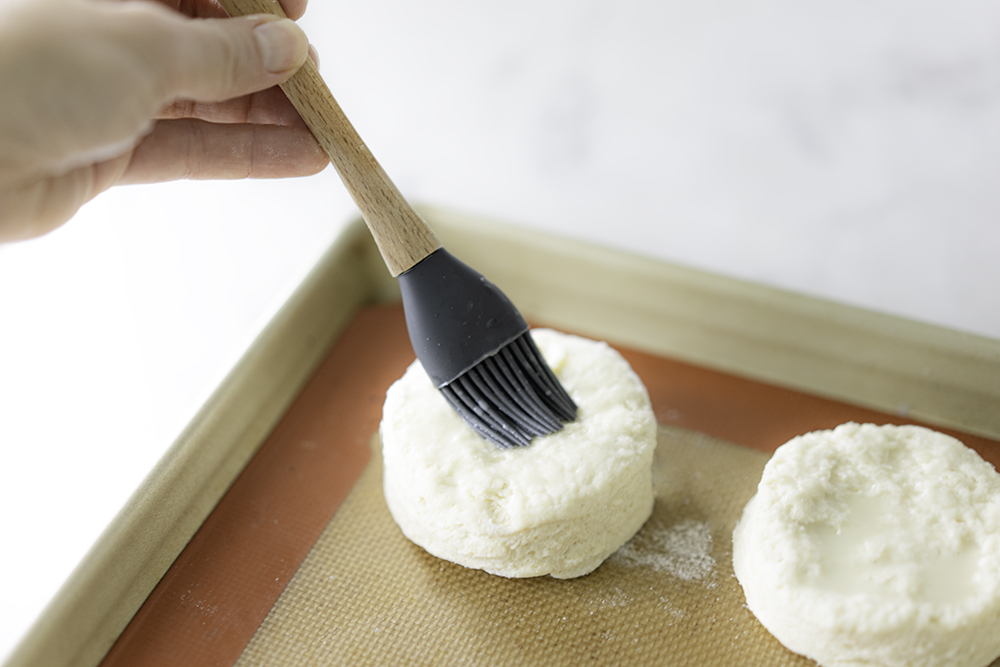
Whole Wheat Flour
As opposed to all-purpose flour, whole wheat has not been refined or stripped and therefore contains the germ, the bran, and the endosperm of the wheat. This is very high-quality in terms of nutritional profile. High in fiber, protein, and vitamins. If you choose to substitute whole wheat flour when a recipe calls for all-purpose, remember this flour is higher in protein and you will yield heavier + denser baked goods, and your dough will be less elastic and more sticky requiring more water. Safely you can substitute some of the all-purpose flour in recipes without adjusting the water ratio but not all of it unless a recipe specifically tells you to do so.
Let’s use whole wheat when we make Whole Wheat Pumpkin Banana Muffins or Vegan Apple Cinnamon Muffins or Roasted Vegetable Pizza.
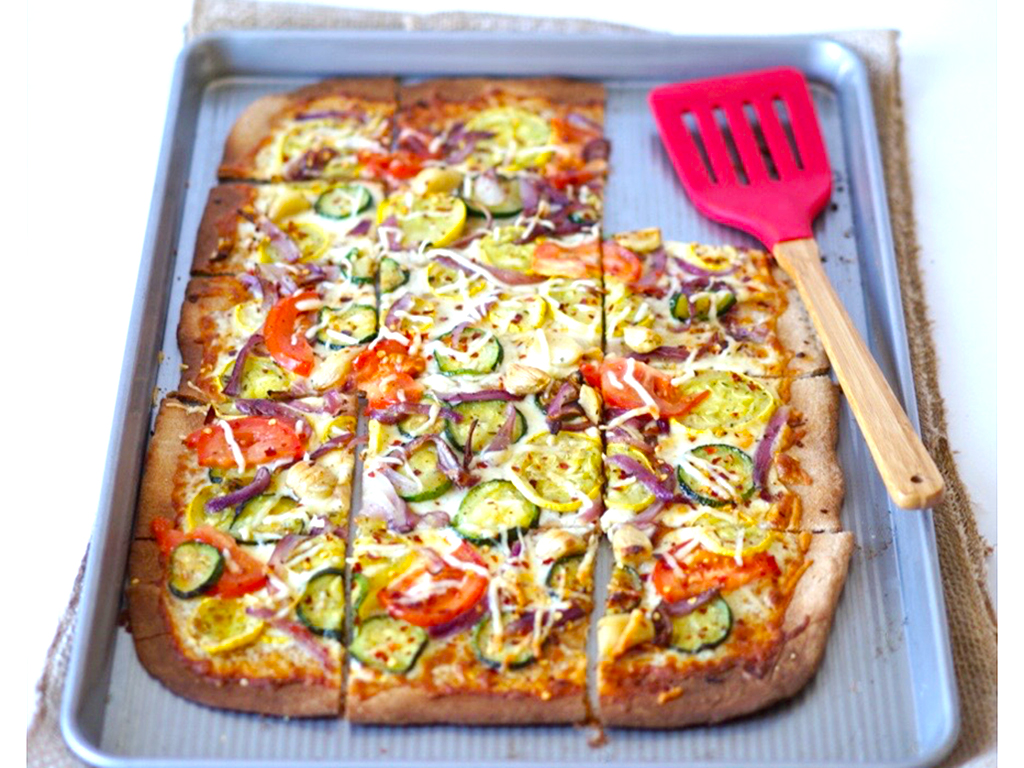
Self-Rising
Same as all-purpose flour but as the name implies, will rise because of the addition of baking soda in the blend. Super easy to use for quick baking!
Let’s use self-rising when we make Vegan Air Fryer Sesame Seed Bagels, Spinach Florentine Bagels, 2 Ingredient Air Fryer Bagels.
Pastry Flour
White or wheat in this variation have both been stripped down to a very fine texture making baked goods smoother + more tender. Pastry flour has a lot less protein than the others + therefore will have less gluten development and elasticity. If you can find whole wheat pastry flour, this is a great option for substituting in recipes calling for all-purpose as you can keep a good nutritional profile without sacrificing quality/texture. Perfect for pancakes, biscuits, cookies, muffins + pie crusts.
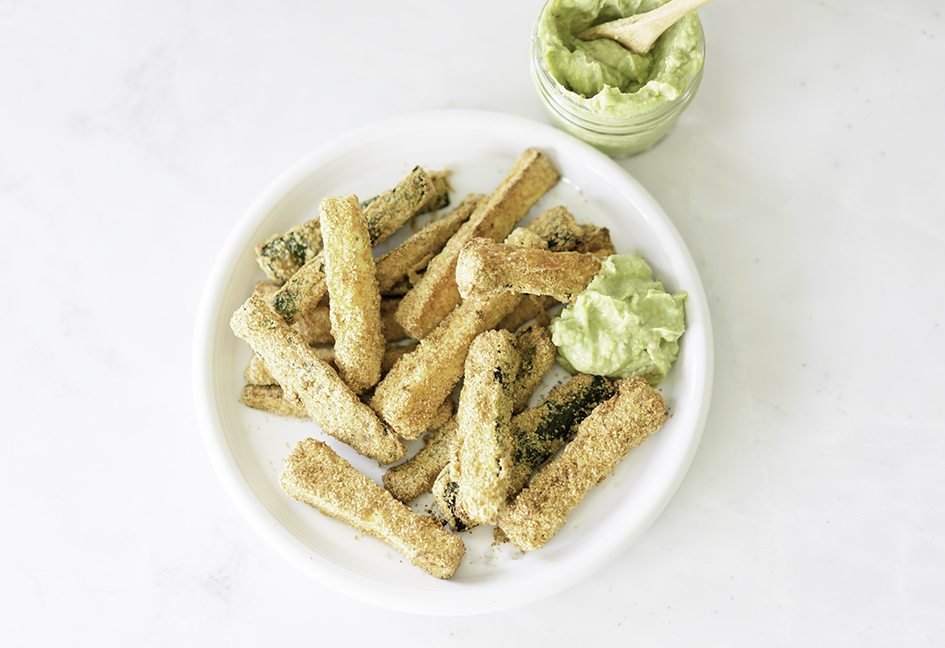
Almond Flour
As the name implies, this is made of blanched + ground almonds. Gluten-free, low in carbohydrates, high in protein, this one gives a nutty flavor to your baked goods but is high in fat so it will also add lots of moisture without lots of structure. To use almond flour in place of wheat or white, you will need to increase the baking powder or baking soda as almond flour is heavy + will not rise as well.
Let’s use almond when we make Air Fryer Zucchini Fries or Sweet Potato Cookies!
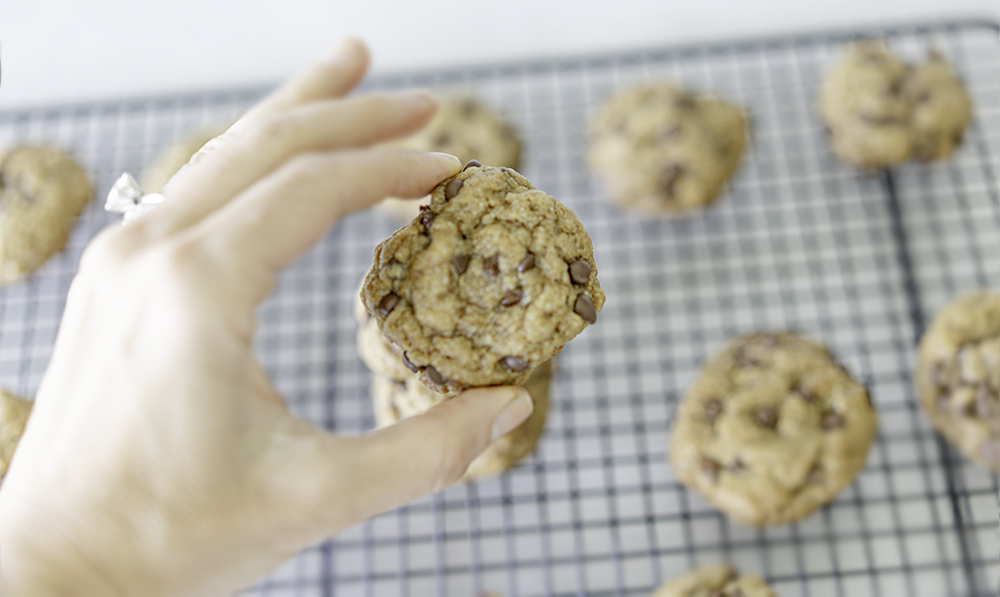
Oat Flour
Again, as the name implies, this is made from ground oats + is super easy to make from rolled oats in your very own kitchen in your food processor. Good replacement for all-purpose!
I am a big fan of oat flour! I dedicated an entire Tuesday Tips to it: The Vegetarian’s Guide To Oat Flour.
Bread Flour
Another refined flour, bread flour does not contain the bran or the germ of the wheat. This is a higher protein flour + when mixed with water, the gluten will develop allowing the dough to hold pockets of air with high rising properties. Perfect for pretzels, bread, pizza, and some pastries.
Buckwheat Flour
This is gluten-free + very nutty tasting. It will absorb a lot of moisture from the water or butter/oils used in your recipe so you might need to go up on the ratios + it might take some recipe testing to get it right. Best to combine buckwheat flour with other types for best results.
The most popular cookies on this blog use buckwheat flour! Try them! Vegan Buckwheat Chocolate Chip Cookies, Buckwheat Chocolate Cookie Bars.
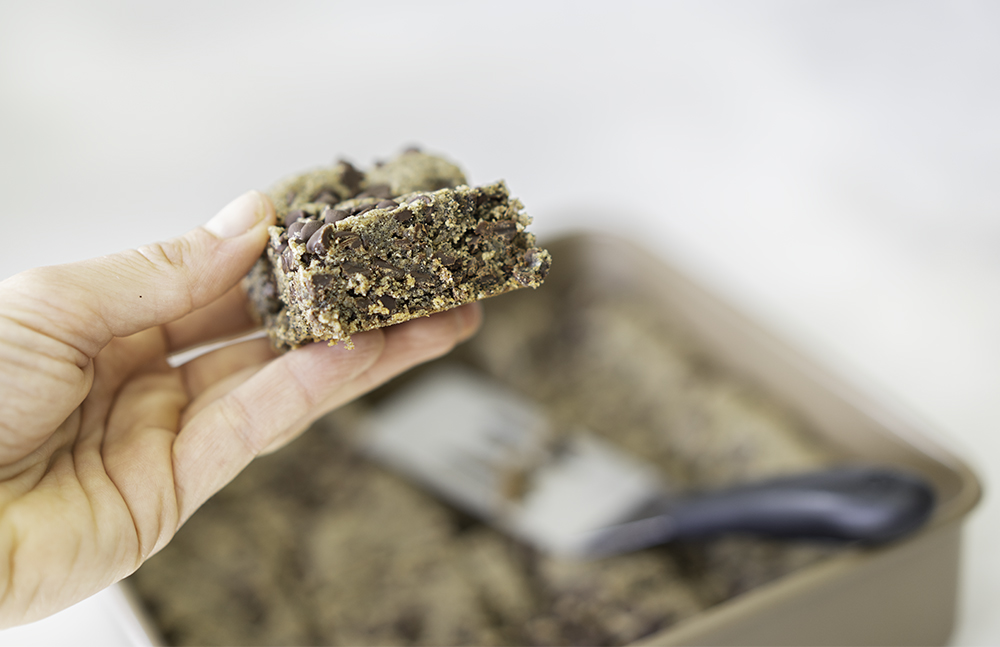
Quinoa Flour
Yes, it is made from quinoa so yes, it is still a complete protein in flour form! You could easily replace ¼ of the flour your recipe calls for with quinoa flour + still get the same texture you are looking for.
Chickpea Flour aka Gram
Gluten-free + savory, this is used a lot in an Indian kitchen. You can replace about a ½ cup of the flour your recipe calls for in any savory dish without sacrificing taste or texture. A word of caution … this still does slightly taste like dried chickpeas in flour form.
Let’s use chickpea flour when we make Air Fryer Okra Fries!
Rice Flour
Another one used widely in an Indian kitchen, this version is very high in carbohydrates. It is also a popular replacement for gluten-free baking + noodles or pasta. I am a HUGE fan! It lowers the glycemic index of your food + therefore doesn’t spike blood sugars like its refined counterparts. You can easily find white or brown rice flour in most grocery stores.
Let’s use this when we make Cinnamon Sugar Cookies or Rice Flour Rotli.
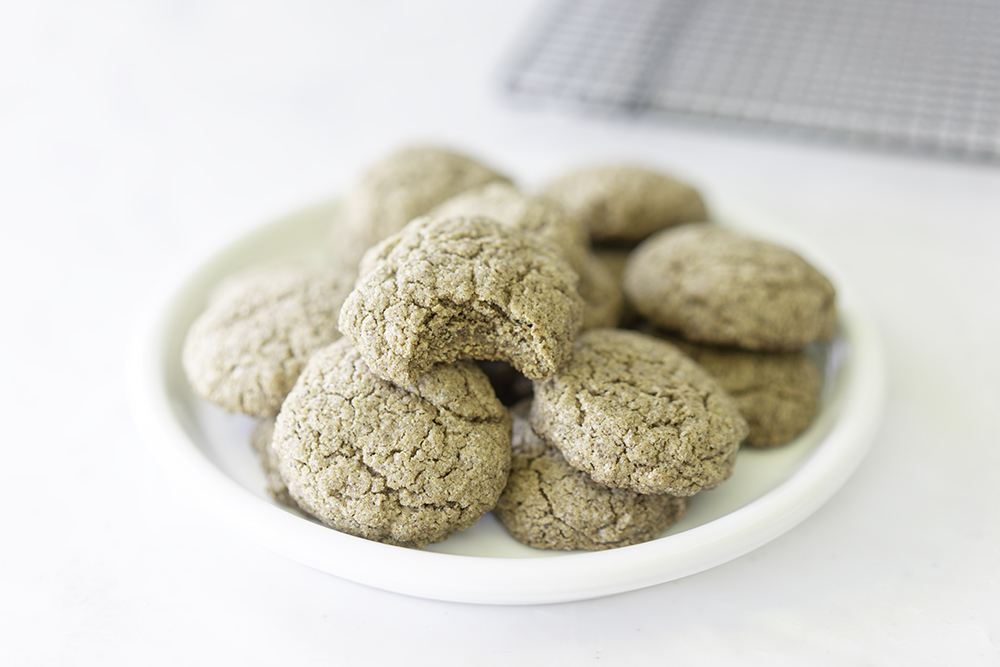
Coconut Flour
Very high in fiber, this will absorb a lot of liquid in recipes. If you want to substitute coconut flour in your recipes, you can safely do this with about ¼ cup without compromising consistency. High in fiber + low in carbs with moderate amount of protein, this one is used a lot in keto recipes. I like it because it is grain free + gives baked goods a little extra moisture if you get your ratios right!
Food For Thought
I am always looking for a way to increase the nutritional profile of the things I bake, cook, eat, photograph, and share with you! Rest assured, if I give you an alternative flour in a recipe, I have tested it multiple times! These ingredients are easy to find in most grocery stores. Trust me, using some of these ‘fancy flours’ can make it so that you can have your cake and eat it too! Be brave + try a new one next time you bake!
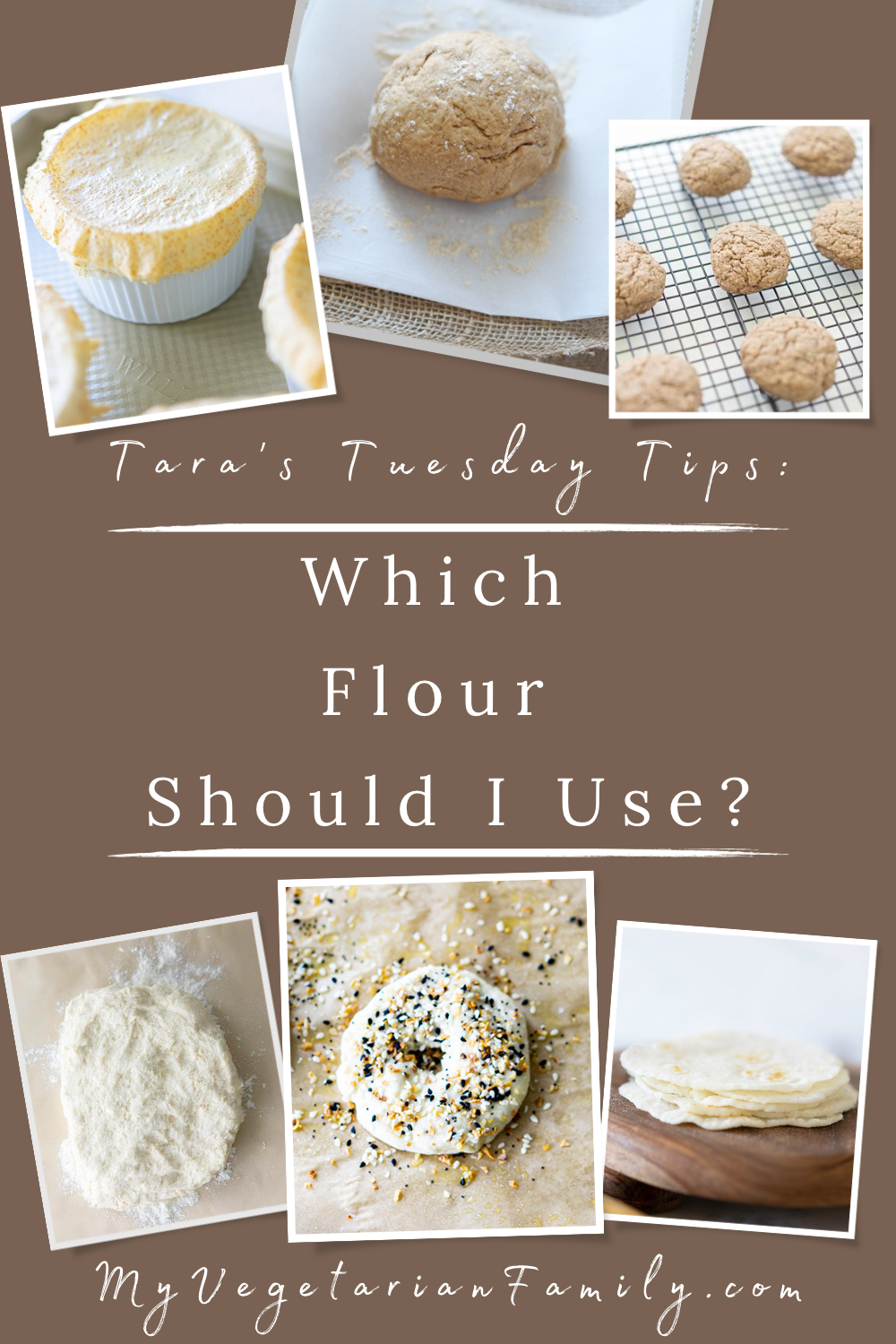
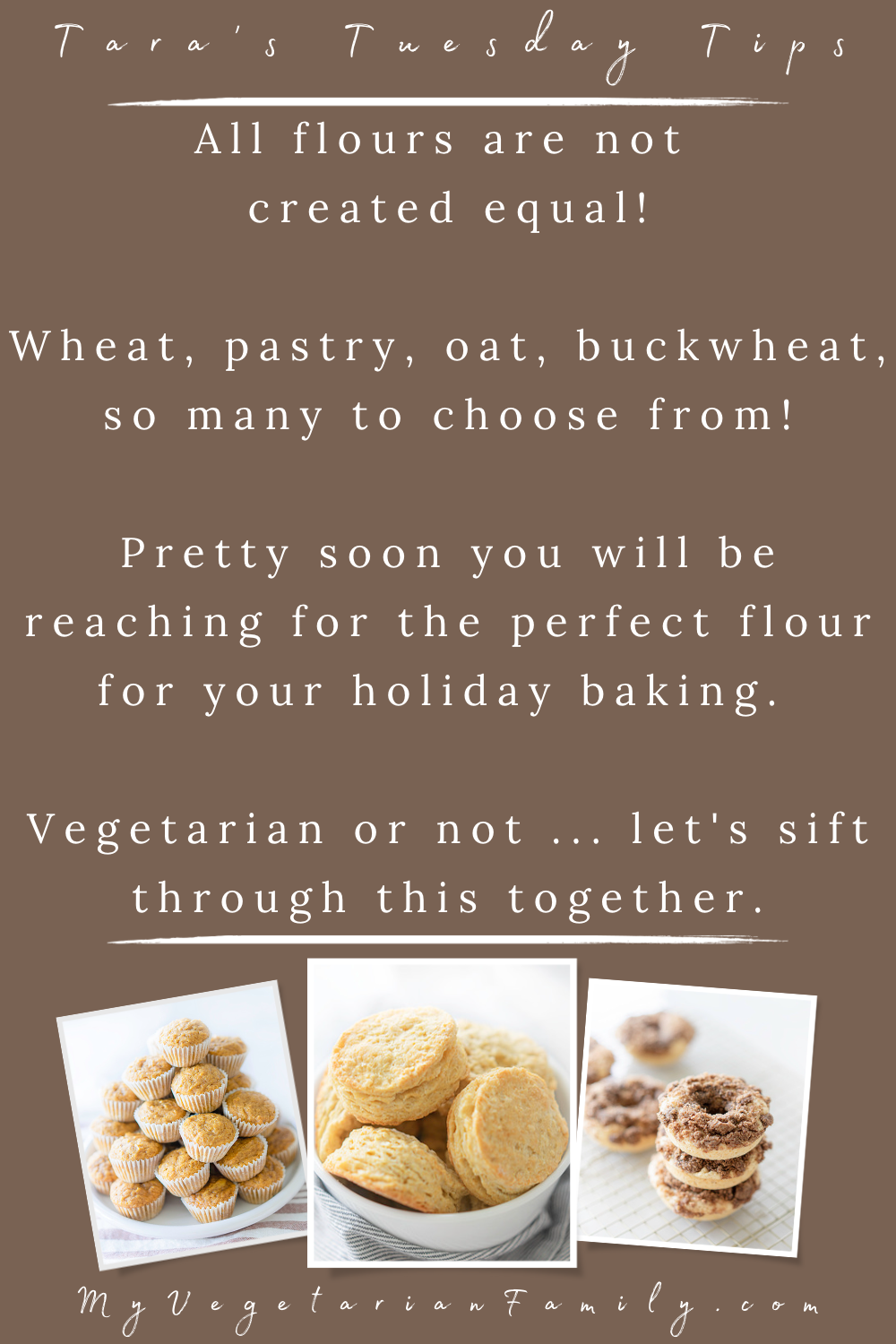
⭐Did you learn what you will use in your next baking adventure? Have more to add to my list? Leave a comment below!
📸I love to see your creations! Follow me on Instagram @myvegetarianfamily and hashtag it #myvegetarianfamily
📩Be sure to subscribe here to my weekly emails for tips + recipes so that you never miss a veggie thing!
